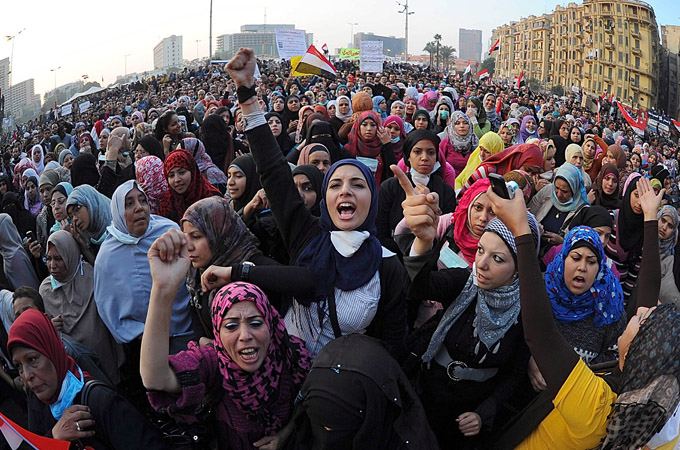A few weeks ago, news of the United Kingdom allowing Egyptian women to seek asylum due to gender-based violence and discrimination spread like wildfire on all sorts of social media.
The news consisted of several claims, essentially focusing on how the UK is seeking to help women escape the rampant epidemic of sexual harassment.
Upon coming across it, I remember jokingly telling a friend it’s finally time for us to seek a harassment-free life. But I won’t deny that, for a moment, I seemed to believe what I read.
I began wondering, what sort of case would I have to make to the UK Immigration Service. Would they ask me to recall a specific traumatic incident? Would I be required to submit some form of evidence? If so, how?
Would I have to tell them about all the times men believed they had the right to throw words at me? Or how they took advantage of their position of power to get away with harassment? What about the countless times I saw police officers choose to turn a blind eye?
Would I have to tell them about how frightening it feels to walk on my own at night, or even in the early hours of the morning? Or how I cross the street to avoid passing by a group of men? How there’s no longer a place for me in the country I call home?

During my senior year of university, I took a human rights law class. The discussion about gender-based discrimination and harassment naturally came up multiple times and once, the professor had quite the anecdote to share.
A few years ago, he recalled, most of his female students would initially never engage in any of the class discussions, roughly for about the first hour or so.
That only seemed to change following the 10-minute break he usually gives halfway into his lectures, which is when the women spoke up and shared their ideas.
For a while, he didn’t seem to have any explanation for this, it’s not like they weren’t as intelligent as their male counterparts, he said. He actually acknowledged that they tended to add more substance to the discussion.
But it wasn’t long before he found out they remained silent as they were dealing with the trauma of being harassed as they made their way to class.
Because the university campus was then located in downtown Cairo, students had to make their way through several public streets to get from one building to another, which subjected the women to higher rates of harassment, not only affecting their well-being but also taking a toll on their academic performances.

But then again, harassment does not only take a toll on one’s academics, it tends to leave one living in a constant state of worry, one that almost starts to become the norm.
How many of us had to worry about heading out to the grocery store or making our way to a friend’s house a couple of blocks away? For how much longer will we have to mentally prepare ourselves before leaving our houses? How much longer do we have to wait until harassment is no longer the norm?
Shortly after the news of UK immigration spread, the British Embassy quickly denied it. In a statement released on Facebook, they said what is being circulated is the UK’s Asylum guidance regarding gender-based violence, emphasizing that they “only consider asylum claims lodged in the UK.”
While it’s definitely a bummer, the reality of the situation is that leaving Egypt is not going to make life harassment free.
Sure, the sexual harassment rates aren’t decreasing anytime soon and Cairo has been ranked as one of the most dangerous megacities for women, but can we truly claim that other places are women-friendly?
Until today, and from every corner of the world, we continue to hear stories of Stanford swimmers sexually assaulting unconscious girls; Florida men killing women who refuse to date them; English men who cut up their murdered girlfriends’ bodies; South African men killing their ex-girlfriends; Hollywood producers blackmailing actresses into sleeping with them and Egyptian taxi drivers physically assaulting female passengers who sit shotgun. All, of course, with the greater majority of those men serving little to no sentences.
Contrary to what the Coen brothers will have you believe, truth of the matter is that all countries are for all men and no country is for any woman.






Comment (1)
[…] Source Like this site? Support nublaxity.africa on Patreon!Share this! […]